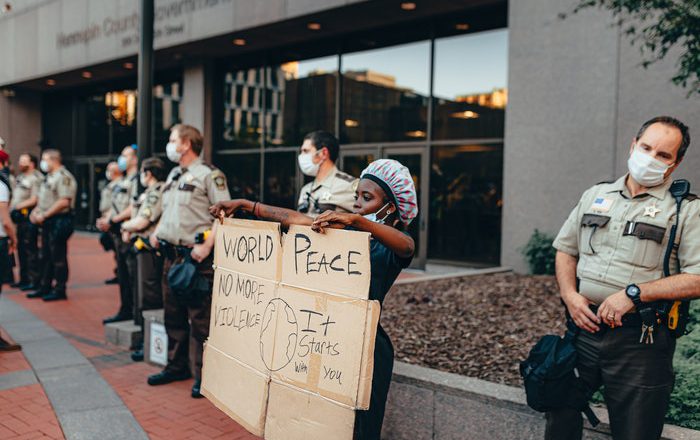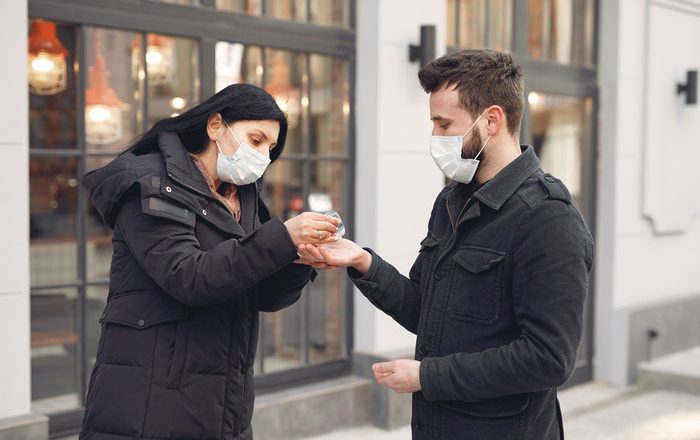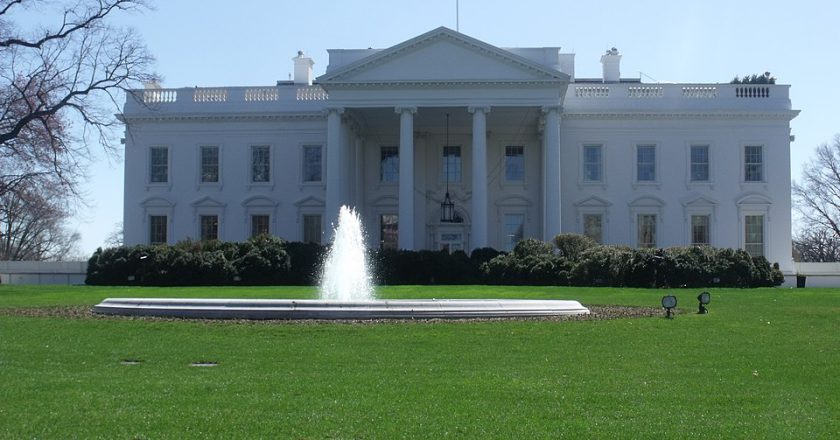It’s time for states that grew rich from oil, gas and coal to figure out what’s next
These are very challenging times for U.S. fossil fuel-producing states, such as Wyoming, Alaska and North Dakota. The COVID-19 economic downturn has reduced energy demand, with uncertain prospects for the extent of its recovery. Meanwhile, rising concern about climate change and the declining cost of renewable energy are precipitating a sharp decline in demand for coal in particular.
A surface coal mine in Gillette, Wyoming, photographed in 2008.
Greg Goebel/Flickr, CC BY-SA
As a result, fossil fuel-dependent states and communities face the prospect of budget shortfalls and lower employment for the next several years. As researchers who study energy from economic, cultural and public policy perspectives, we believe that it is time for these states to develop long-term plans to diversify t...






